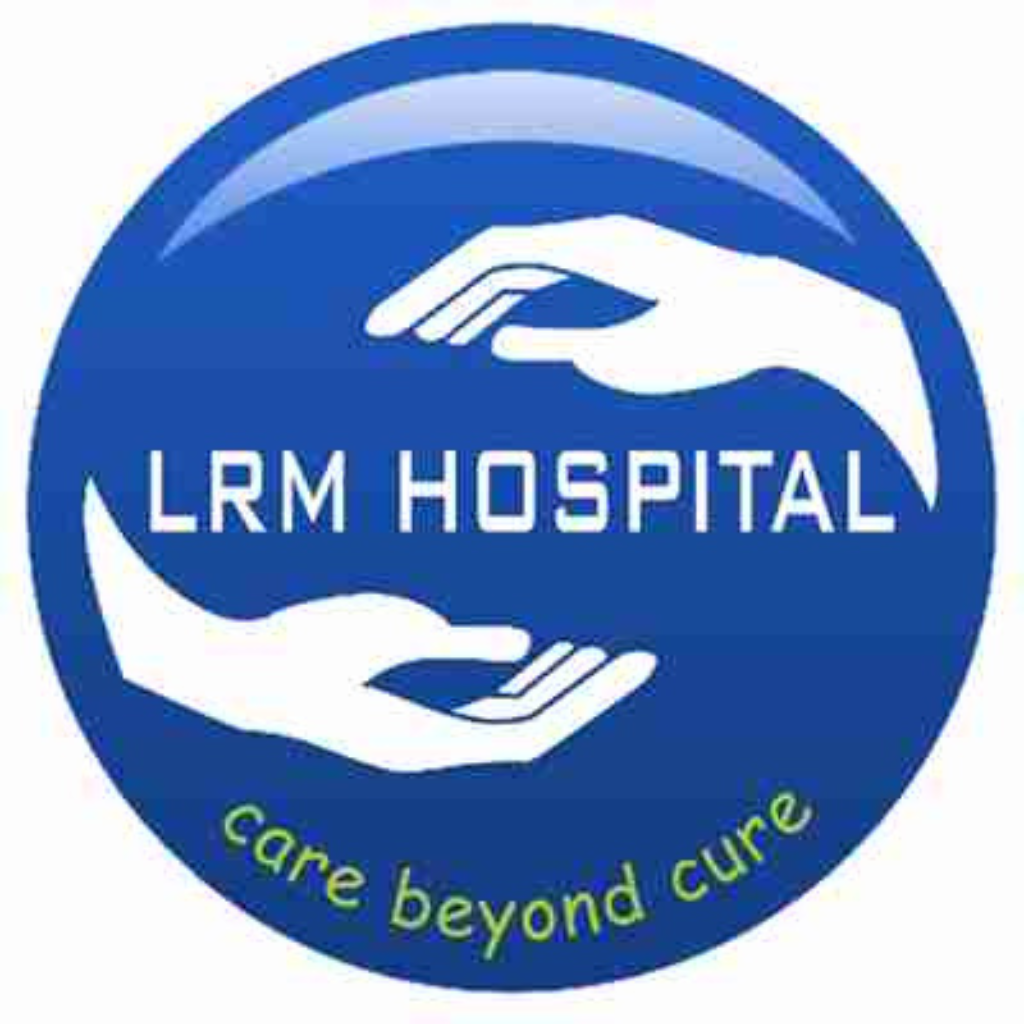Understanding if you have a brain abscess can be crucial for your health. It is a serious condition where pus collects in the brain due to infection. These abscesses happen when germs from another infection reach the brain. Learning about the signs can help catch it early, preventing serious problems.

Understanding Brain Abscess and Its Causes
A brain abscess forms when germs infect brain tissue, leading to a collection of pus. Think of it like a sore on your skin but inside your brain. This pus can push on the brain, causing various health issues.
What causes a brain abscess? Often, it’s due to an infection elsewhere in the body, such as:
- Ear or sinus infections: Germs may spread from the ears or sinuses to the brain.
- Dental infections: An untreated tooth infection can allow bacteria to travel to the brain.
- Trauma or surgery: Injuries or procedures involving the head can introduce bacteria.
If left unchecked, these infections can become dangerous, underlining the need for prompt treatment and detection.
Recognizing Symptoms Early: What to Watch For

Spotting the signs of a brain abscess early makes a big difference. Common symptoms include:
- Headaches: Often severe and persistent.
- Fever: A high temperature might point to an infection.
- Nausea or vomiting: Common when the brain is under pressure.
- Confusion or behavioral changes: Acting strangely or feeling very forgetful might be symptoms.
In children, the symptoms may look different:
- Crying persistently: Babies unable to express feelings.
- Not feeding well: A sudden loss of interest in eating.
- Bulging fontanelle: A soft spot on the head might bulge.
While less common, other symptoms include neck stiffness or seizures. Look out for any sudden changes in health.
Diagnosis and Treatment Options
How do doctors confirm a brain abscess? They’ve got several tools:
- Physical exams: A basic check-up to spot any signs.
- CT scans or MRIs: These take pictures of your brain to spot an abscess.
After diagnosis, what’s next? Treating a brain abscess can involve:
- Antibiotics: These fight off the infection causing the abscess.
- Surgery: If the abscess is tough, surgery might be needed to remove it.
Doctors decide on treatment based on the size and location of the abscess. Early healthcare access is crucial.
Prevention Tips and Risk Factors

Preventing a brain abscess might seem difficult, but there are steps you can take:
- Treat infections early: Don’t ignore ear or sinus infections.
- Dental care: Regular visits to the dentist keep mouth bacteria at bay.
- Safe practices: Wear a helmet during risky activities to avoid head injuries.
Some factors also increase the risk of a brain abscess:
- Weakened immune system: Conditions like HIV lower your body’s defenses.
- Poor healthcare: Limited access to quality care raises infection risks.
Recognizing these factors can help manage possible risks.
Accessing World-Class Care at LRM Hospitals
When faced with the possibility of a brain abscess, quality care is vital. LRM Hospitals offer top-tier services. With experts in neurology on board, their team knows how to treat complex brain abscess cases.
Advanced diagnostics: LRM uses cutting-edge tech like CT scans and MRIs for accurate diagnoses.
Comprehensive treatment: From antibiotics to surgical care, LRM provides a full spectrum of treatments.
Rely on LRM Hospitals for thorough and expert healthcare. Remember, ear infections, trauma, and weakened immunity can lead to a brain abscess. Stay alert to any symptoms and seek help promptly. Proper care makes a big difference.
Recognizing a brain abscess early can save lives. By knowing the signs and symptoms, seeking expert medical attention, and understanding prevention methods, you can take control of your health. Let’s spread awareness and ensure better outcomes for everyone. Rely on the expertise of LRM Hospitals for thorough diagnosis and treatment. Make informed choices for you and your loved ones.

